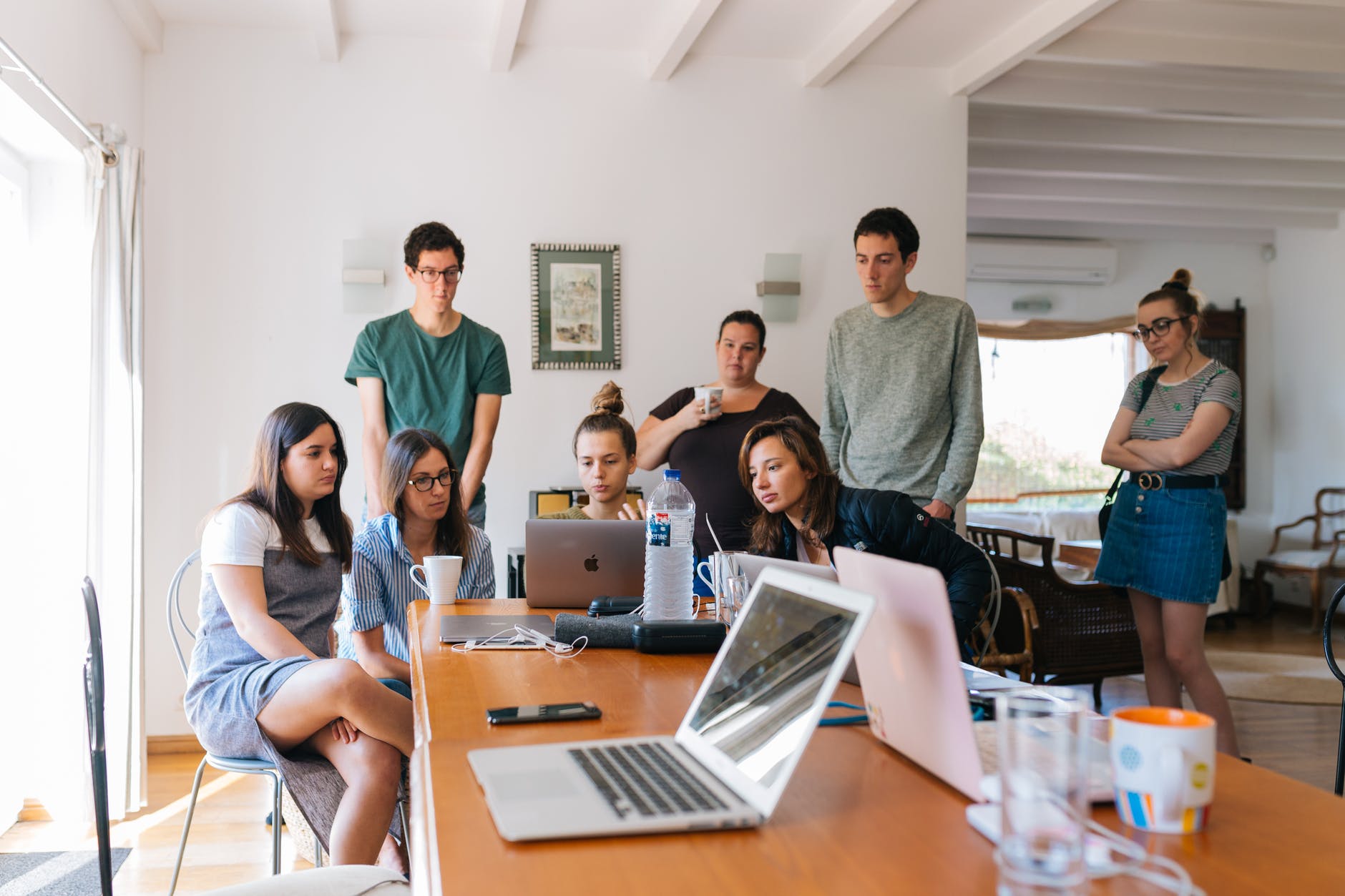I often find myself missing university years, and I believe that apart from friends, love and alcohol, what really made them unique is extracurricular activities and being a volunteer. Yes, indeed, you are probably hit by with exams, washing machines and hangovers. But volunteering in a student association in your early 20s may be the best way to gain knowledge about the work, understand your passion, put into practice what you have learned and jumpstart your future.
Talking about the experience, from 2015 to 2019, I have been part of AIESEC.
What is AIESEC?
AIESEC is a global platform for young people to develop their leadership potential through international internships and volunteer opportunities. Founded in 1948, AIESEC is a non-governmental and not-for-profit organisation entirely run by youth for youth.
Moreover, it’s a non-political, independent, not-for-profit organisation run by students and recent graduates of higher education institutions. Its members care about world issues, leadership and management. The organisation is present in 114 countries, has more than 700 organisations and counts more than 30000 experiences yearly.
What does AIESEC do?
Concretely, AIESEC members work in teams to realise these leadership opportunities: AIESECers (that’s how you can call them) organise internships, volunteering projects and other internal activities that involves students from all around the globe. To do so, members engage in many different “jobs”: they organise marketing activities on campus, work in social media, build partnerships with the local NGOs and schools, help students find suitable projects, develop international relations with other AIESECers around the globe.
How do such a big organisation run several activities in so many places? It’s complex, but I’ll try to describe it briefly: you can find a Local Committee (LC) in most cities. The local committee is managed by a president, a team leader of an Executive Board (EB). Each EB member is then responsible for an area (Finance, Marketing…) and manages sub-teams according to operations volume.
Each LC is coordinated by a national committee that manages national partnerships, product strategy, organisational development and legal compliance. They are called Member Committee. Each Member Committee is then led by the AIESEC International team and its regional coordinators. Their roles are more about setting general strategy and direction for the organisation.
The different roles tend to last no more than a year. They start as local activities and become full time the more it gets national-international.
4 years later
I initially met AIESEC because I have participated in a volunteering experience in Ankara (Turkey), in Turkey. After coming back, I felt the need to convince everyone to explore a different culture and work for a higher cause, so I joined.
During my 4 years in the organisation, I had the opportunity to wear many different hats: I started finding volunteering projects for Italian students in Trento, Italy. Then I became responsible for incoming projects. In a year, almost 100 students invaded the little city from Brazil, Mexico, Egypt and many more countries to do tasks in schools and local NGOs. Finally, I have spent a blasting year in the National Committee managing Digital Marketing for AIESEC Italian branch with 16 other people.
In the middle, a tornado of emotions and memories: sweat, long friendships, challenges, unforgettable nights, crazy conferences, many learnings, and God knows what else.

Why?
Maybe the digression was longer than expected, but if you find an AIESEC office in university asking for information, you want to regret it! Coming back to the initial topic, being part of an organisation as extracurricular activities have gifted me invaluable benefits (order by philosophising, in ascending order):
- Hard skills: real-life work allowed me to learn tools that I would have had to master in the future, such as Excel, Social Media, Advertising, Data Analysis, PowerPoint, Coding and so on. Studying is not even half of the story, and if you want to master anything, you need the chance to experiment compulsively (or, as I like to say, “crash your head against”). It is also going to help you in the job market and to actually figure out what you like!
- Soft skills: for sure a buzzword of the 21st century, but they make a difference between survival and thriving. In AIESEC, I understood dynamics regarding communication, team management, team dynamics, performance management. The coolest thing is that, if you had to learn in a job environment, you’d probably need many years of experience to have that level of responsibility where team leading skills are required. Youth-run organisations, on the other hand, offers the opportunity to cover high responsibility jobs way more quickly.
- Mindset: experiencing AIESEC helped me acquire a useful mental model to take the best from my life. Have a growth mindset, take 100% of the responsibility of everything, always kill excuses, listen to others, practice empathy and gratitude, challenge others and yourself to improve constantly, run out of your comfort zone, don’t settle. They are some of the mantras that you breathe in the organisation. An equipped mindset and a positive attitude can win any battle. **
- Why: after working four years, aware of the impact that my actions could do every day, I would not stop looking for meaning in what I do. Personal fulfilment comes from connecting what you do with your values, beliefs, and the issues you care about the most. Please, don’t start settling down in a routine you just tolerate, don’t forget what you were dreaming, always look for meaning and purpose in your everyday actions.
All in all
I can’t deny that the article got a bit lamer and off-topic, but it should be fine as soon as I am honest. To wrap up, what I would suggest to young students is to look for extracurricular activities whenever they can. Joining a student association in your early 20s may be the best way to gain knowledge about the work, understand your passion, put in practice what you have learned and jumpstart your future.
